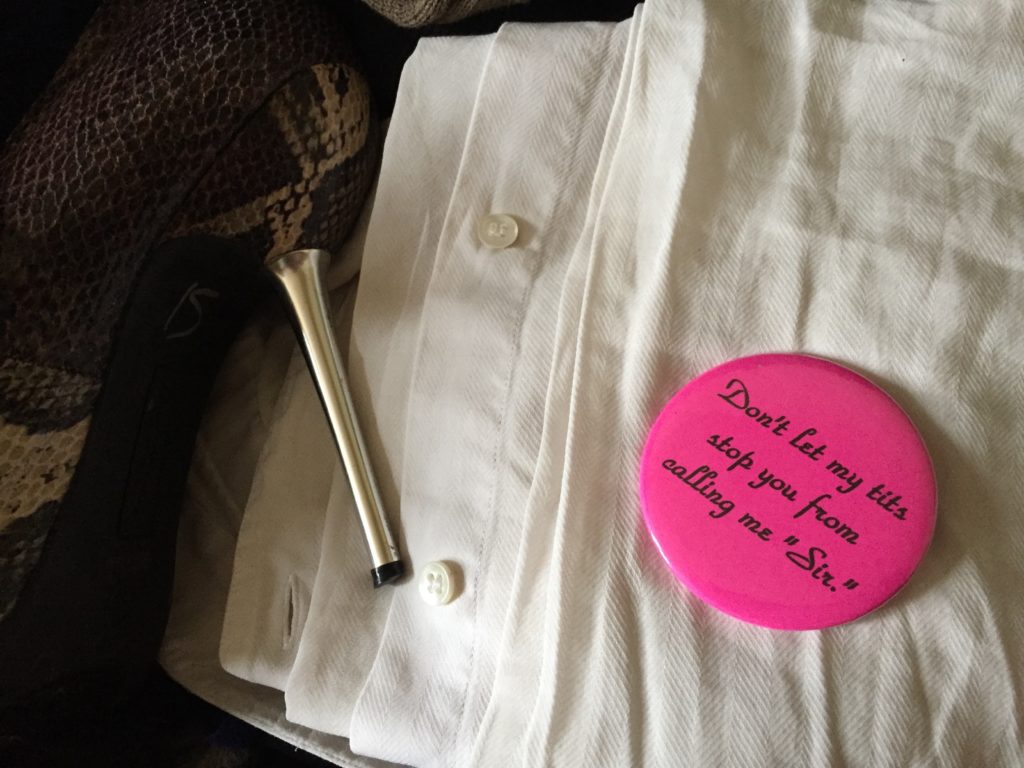We all like different things. While there are a lot of objects, experiences, activities, places, etc. many people enjoy, there are probably no things which everyone enjoys — certainly not enjoys equally. There are multiple ways to do the vast majority of tasks… So, why do we frequently teach within the paradigm of “right” and “wrong”? I think there are better ways. What is the value of teaching without an exploratory sense of one’s subject? Is critical thinking an important skill across the board? When we make mistakes are we resilient enough to call them out ourselves or do we cling to the intention we had when we made the mistake? Are you willing to look at the ways you might harm someone? How hard is it for you to apologize when that occurs? Can a conversation be reset when it gets tense? How? Do you prefer thinking of yourself as “a good person” who’s intention is not harmful — end of conversation? How do we learn if we believe we are “good” at our core, instead of accepting that we also sometimes fail which may make us look “bad” to others?… How do we reconcile these points of view within our communal outlook and interactions with others?
When navigating conversations with actual people intersectional understanding can come in handy. It is entirely possible to be knowledgeable about one community and fail interacting with a person from another affinity group when we don’t understand that a different approach is more respectful than the one we’re used to. This does touch on the dreaded concept of identity politics, but there are more and less useful ways to look at the politics of one’s identity than black and white rules of conduct. People’s identities are more complex than their affinity groups, and even identity itself is not “who a person is”, it’s simply representative of aspects of that person.
I’m suggesting what’s potentially helpful in this scenario rather than what exact phraseology should be used, but take these two phrases:
- “Never say things like that to a ___ person”.
- “I don’t appreciate being approached in that manner, it feels disrespectful considering my identity as a ___ person”.
The first sentence, though straight forward, condemns a person for not knowing something, for making a mistake within their engagement of the speaker. It implies they are bad for having done something wrong and could feel like a scolding. The second sentence takes responsibility for the speaker’s feelings, tells the other person something about why it’s important to change their approach, and invites them to engage in a more respectful way. Obviously there are many different ways to have this conversation, and wording preference or tone consideration can be helpful but shouldn’t be taken to extremes. Intent also matters (to a degree) within the imperfect conversations we all engage in. Nothing is all one or the other completely.
What this boils down to is power dynamics. It seems to me that people who don’t think a lot about power dynamics (often because they have been more empowered throughout their lives as they’ve navigated the world) frequently complain or double down when it’s brought to their attention that their approach toward another person isn’t working or is actually hurtful. What if instead of needing to be “right”, that person could find it within themselves to be curious — to know that they meant well yet also failed at being good to the person they meant well towards?
To open my heart to others means getting bruised sometimes, and it also means unintentionally bruising. The alternative to trying and failing is to be shut down, shut off, incapable of compassion, not curious about possibility, and eventually, I think, to become nihilistic above hopeful concerning the human potential for peace and evolution. I believe in our better selves. I believe in struggle leading to understanding. I believe in being uncomfortable for a while while I struggle with situations or concepts which hurt my head or heart. I believe in these things because questioning will make me understand the mechanism I’m confronted with better than arrogance. When I treat people as they wish to be treated (rather than how I wish to be treated), when I apologize for my mistakes, when I care to learn better ways than the ones I am familiar with, I become a better person to the people I am around. Learning to fail gracefully and adapt graciously is far more useful, in my opinion, than being right all the time within a small world constructed from a bubble of self-congratulatory homogenous ease.
Play On My Friends,
~ Creature (Crea)
If you like my blog, please check out my Patreon Page and support me. For one time donations click here: Support the Artist
~Thank you.


